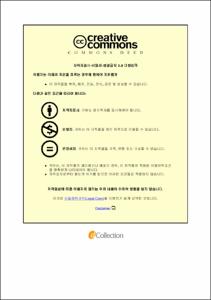북핵위기 분석에 있어 전략문화의 유용성에 관한 연구
= A Study on the Usefulness of Strategic Culture in the Analysis of North Korean Nuclear Crisis : Mechanism of Perception on the Strategic Environment and Policy Preference
- Type
- Thesis
- Alternative Title
- 전략환경 인식과 정책선택의 메커니즘
- Advisor
- 고시성
- Department
- 국방과학대학원 안보전략학과
- Issued Date
- 2020
- Publisher
- 한성대학교 대학원
- Keyword
- 전략문화; 전략문화의 중심 패러다임; 주체사상; 북핵위기; 전략환경 인식과 정책 선택
- Appears in Collections:
- 지식서비스&컨설팅학과 > 1. Thesis
- Files in This Item:
-
-
Download
 000001622710.pdf
기타 데이터 / 996.97 kB / Adobe PDF
000001622710.pdf
기타 데이터 / 996.97 kB / Adobe PDF
-
Items in Repository are protected by copyright, with all rights reserved, unless otherwise indicated.